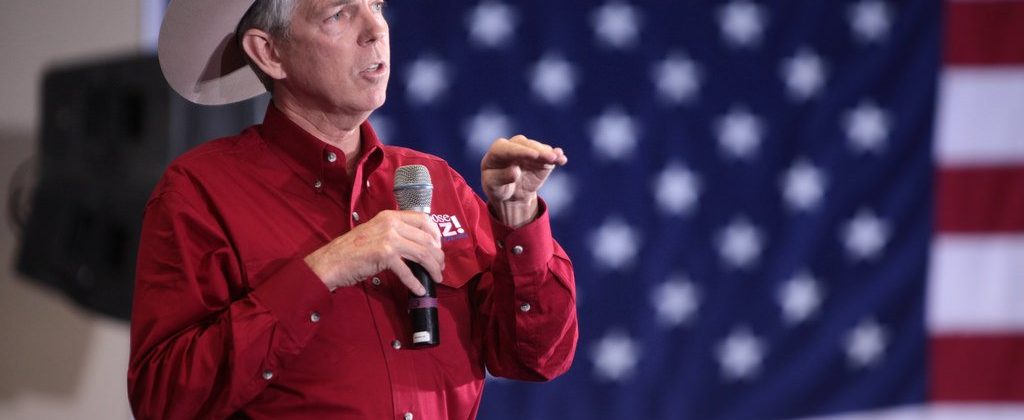

Journalist Jon Ward, the author of Testimony: Inside the Evangelical Movement That Failed a Generation, recently asked me the question in the title of this post as part of a story he is writing on David Barton for Yahoo News. I don’t think the piece has been published yet, but Ward did publish my full answer to his question at his Substack:
Jon Ward: If Barton’s work has been widely discredited, why has he remained so popular and influential?
John Fea: Hi Jon:
Don’t get me started…
Since the 1980s, ordinary conservative evangelicals tend to see all of life through the lens of politics. The Moral Majority and Pat Robertson have done a masterful job of teaching them to think in this way. So historical facts that do not conform to present-day political agendas are not useful. Historical narratives that do not conform to a Christian nationalist view of the American founding are also not useful. Much of politics—including the politics of the Christian Right—is built on this search for a useable past and Barton gives the Christian Right this useable past. This is why he remains so popular. The entire Christian Right movement is built on Barton’s view of history—that the United States was founded as a Christian nation (or Judeo-Christian ideas) and must be restored through the use of political power. As long as his narrative serves 21st-century political ends, then the facts, the context, and the complexity of the past do not matter
I know of no Christian college or university history faculty who has a Ph.D in history who does not believe Barton’s work is deeply problematic. And this includes the history faculty at Liberty University and Bob Jones University. He has been widely discredited. But that doesn’t matter to rank-and-file evangelicals because Barton is giving them what they want to hear. This kind of evangelical populism—which has been empowered by Trumpism– breeds anti-intellectualism which, in turn leads to a distrust in “experts.” (See Tom Nichols’s book The Death of Expertise). Barton is VERY good at discrediting mainstream historians—both Christian and non-Christian—by talking about how they went to graduate school at secular institutions and have been, in essence, brainwashed to believe anti-American or unpatriotic view of American history. Trained historians are the “elite” and can’t be trusted. The more people debunk Barton’s pseudo-history the more he is able to use such criticisms to paint himself as a victim, thus gaining more conservative evangelical followers who also see themselves as victims. Again, this is the essence of anti-intellectual populism, and it has plagued American evangelicalism for a long, long time.
I don’t know the sources of Barton’s funding, but I am guessing there are donors who keep his Wallbuilders shop afloat. These donors want to advance his Christian Right vision for America. The facts or the proper use of the past in the present doesn’t matter to these donors. I imagine that most of these donors give money to Wallbuilders for political reasons, not humanistic reasons.
More here.
One of the biggest issues I have with Barton is his use of primary sources without framing them in the context of the era. For years, I’ve tried to train my students to avoid the common error of seeing primary sources as somehow superior to secondary sources simply because of their immediacy to the events they portray. Many of my students at the Christian school where I taught for 14 years knew of my hostility to Barton and his supporters because of the ways in which they practiced a dishonest historiography, despite their claims in adhering to truth. This is doubly discredited because they also claim to be servants of Christ.
In addition, there is the notion that they share that somehow there is a special covenant between God and America in addition to the New Covenant in Christ. I share theologian Michael S. Horton’ s view that this belief, so common among evangelicals is pure heresy. See his “Recovering our Sanity (2022)”
Chris: Everything you say in the first paragraph of your comment is why I refuse to call David Barton “a historian.”